
When it comes to talking about philanthropy, it takes two to tango.
What do I mean by that?
Consider this…
What kind of conversations are you having with your financial advisor about your core beliefs, your values, the reasons you like to give—or do you have these conversations at all?
Does your advisor know which of the causes you support are most important to you?
Have you talked about how strategic charitable giving can help you make the most impact, now and in the future?
Or do most of your conversations revolve around how to reduce taxes?
What research tells us about financial advisors, clients, and talking about philanthropy.
An Ipsos Canada survey* asked financial advisors and high net worth individuals how they talk about philanthropy. It gives surprising insight into the need for us to be having much deeper interactions with each other.
The survey found that 91 percent of financial advisors said they discussed charitable giving with their clients.
But only 13 percent of clients said they experienced such conversations with their financial advisors.
That’s a huge disconnect!
Perhaps there’s a different perception of what constitutes a “conversation”.
Your financial values versus WHAT you value.
When survey participants were asked about the depth of discussions, it seemed most conversations advisors were having with their clients were perceived as very basic or not very meaningful.
In other words, they were talking about their clients’ financial value, but not their values.
Advisors were also way off base when asked what they thought motivated their clients to give: 63 percent of them thought their clients’ focus was on tax savings.
This was actually the least important factor.
The majority of clients said they were driven to have an impact on their community, and that reducing taxes was NOT a strong giving motivator.
It’s no surprise that the research also found those advisors who did initiate more in-depth conversations reported stronger relationships with their clients.
Such conversations help build trust—and building trust is key to advisors retaining clients and their families, ensuring that the next generation will also use their services.
What you give and why.
If you are one of the approximately 24 million Canadians who donate to charity, what motivates your generosity?
If you’re like me, your giving is occasionally spontaneous.
But there are certain causes that will always be a constant in my philanthropic plans, because they are very much a part of my life and who I am.
When I noticed an increase in the amount of elderly homeless people in the downtown core where I work, I decided to make one of my annual gifts to our local shelter.
I make regular donations to the organisation that funded the non-profit where I first worked in development. That was over 30 years ago, but it set me on a satisfying life path, and my gifts are my way of giving back.
I work at a university, so I know there are many people who give to their alma mater for a similar reason—in appreciation for the education that formed them and allowed them to do well.
Developing a long-term giving strategy.
I also have a long-term giving strategy—I have made a charitable bequest in my will.
Your will can be a powerful tool for passing on so much more than assets. It’s a final statement of your values to the world.
That’s why any talk with your advisor about philanthropy should include what you want to give to the next generation; not just to your family, but to the future of the causes close to your heart, the causes you’ve supported during your lifetime.
The bottom line.
I consider my charitable giving to be an important part of my life and my financial plans, currently and in the future. I’m thinking you feel the same way and that you expect your advisor to understand that.
So ask yourself: which causes are you passionate about? What kind of an impact do you want to have, now and in the future? How do you want to be remembered?
Maybe it’s time to broach the subject with your advisor, to start the conversation about your values and talk about philanthropy. It can only be a win-win for your relationship and also for the wonderful charities that you so generously support.
To help you answer these questions and more, seeking the help of a financial planner can make a world of difference.
This article was originally published on November 15, 2017, and has been updated.
Did you enjoy this article? Here are three more you might also enjoy:
Have you thought about what you want your legacy to be?
Who do you want to benefit from your money when you are no longer here?
How to Magnify Your Charitable Gift Giving
*The research on Philanthropic Conversations was released by BMO Wealth Management, the Canadian Association of Gift Planners (CAGP), The GIV3 Foundation and Philanthropic Foundations Canada (PFC). If your advisor is curious about the results of this research and wants to know more about how to help you – please direct them towards the Canadian Association of Gift Planners (CAGP) – a non-profit organisation whose mission is “A better world through strategic charitable giving” and counts amongst its members financial and legal advisors, as well as those who work for charities. A perfect partnership to promote philanthropy – and your generosity.
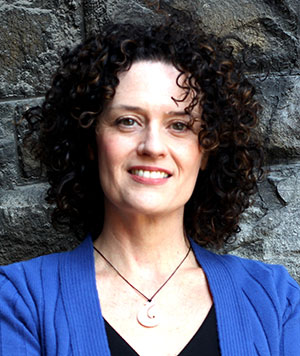
Peggy Killeen
Certified Fundraising Executive
Peggy Killeen believes in the potential of strategic charitable giving to change the world. She has over 30 years of experience in the development field, specializing in non-profit management and fundraising, locally and internationally. She is a Certified Fundraising Executive who serves on the Board of Directors of the Canadian Association of Gift Planners Foundation. She is the Principal Director of Development for the Faculty of Fine Arts, Concordia University in Montreal.

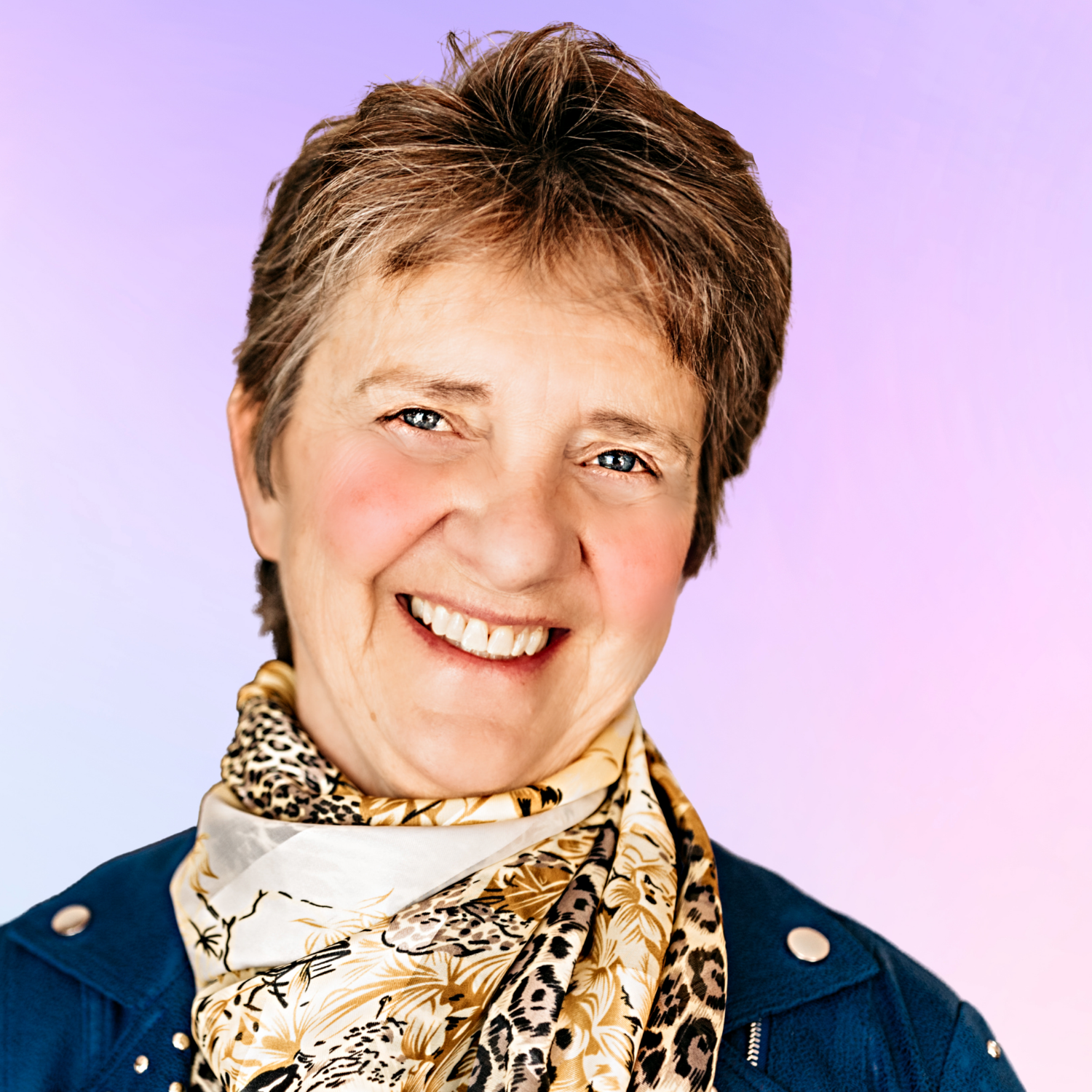
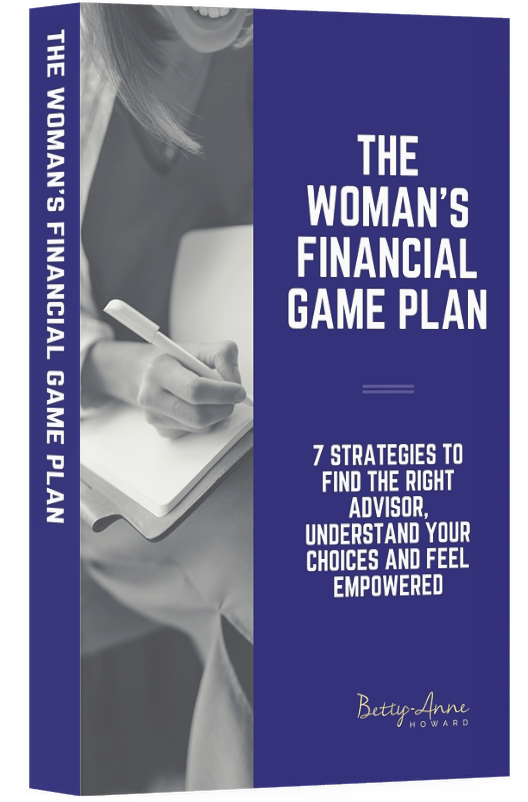
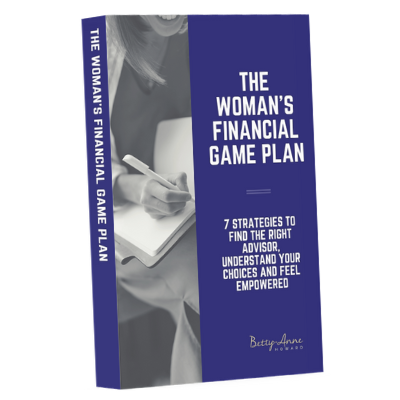

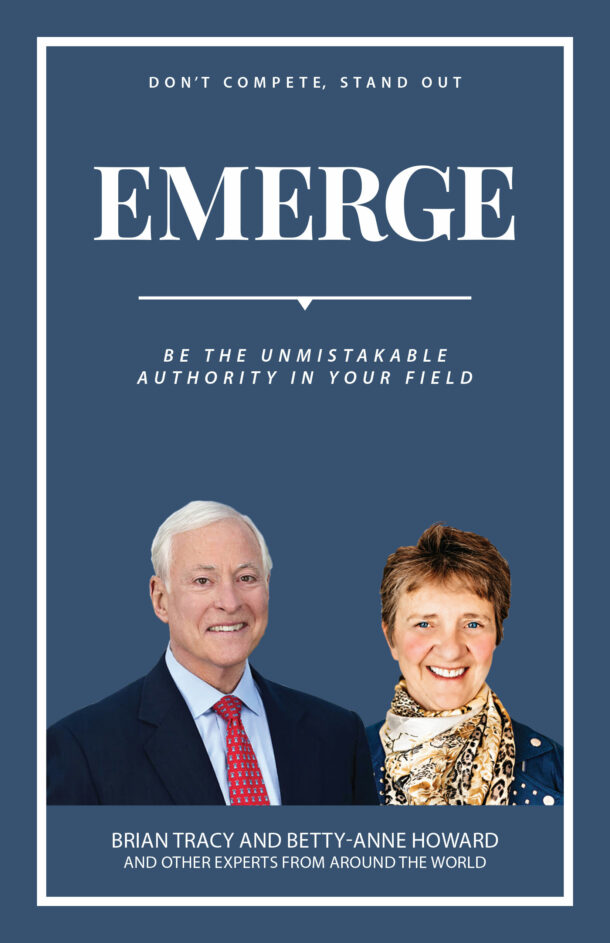
0 Comments